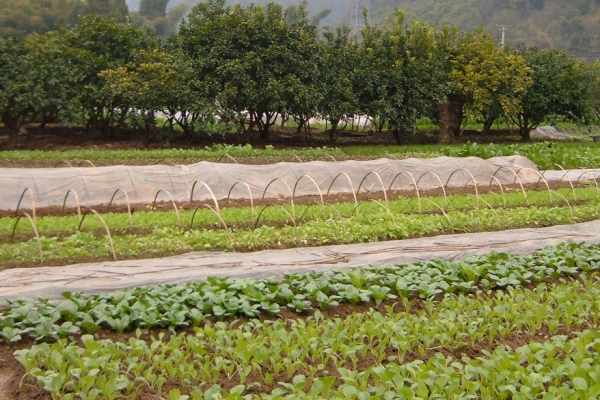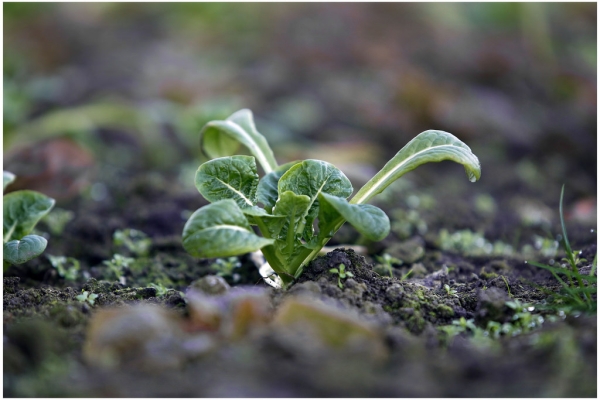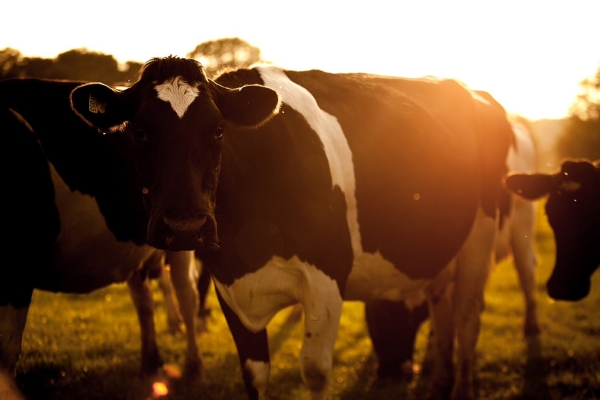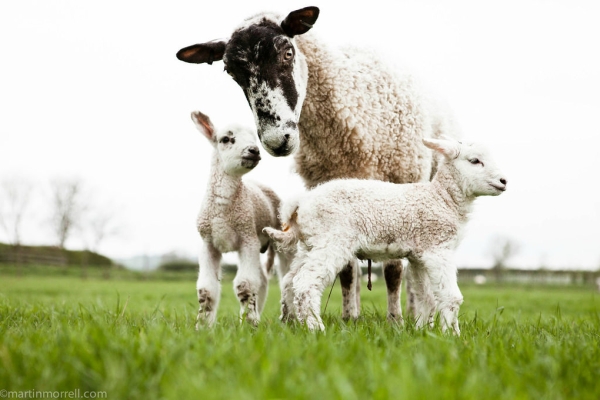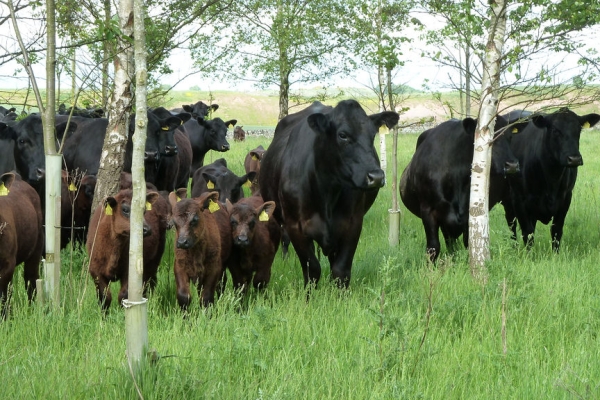Organic Principles
Resource explained
This page of the IFOAM Organic Information Hub sets out the main principles of organic agriculture. Additional links provide a definition of Organic Agriculture, a page outlining the scope of Organic, FAQs on Organic Agriculture, the history of the organic movement and information about the IFOAM Family of Standards which lists all standards officially endorsed as organic by the international organic movement.
Findings & recommendations
- IFOAM defines Organic Agriculture as “a production system that sustains the health of soils ecosystems and people. It relies on ecological processes, biodiversity and cycles adapted to local conditions, rather than the use of inputs with adverse effects. Organic Agriculture combines tradition, innovation and science to benefit the shared environment and promote fair relationships and a good quality of life for all involved.”
- IFOAM outlines four key principles of Organic Agriculture which guide the organic movement and the development of standards. The principles are: health, ecology, fairness and care.
- Read more detailed information on each principle by visiting the website.
Related articles
Defra webpage with information about how to convert your farm to organic.
Ways in which you can adjust your organic farm management practices to minimise harm to pollinators and insects that manage pests.
Groundbreaking research that highlights nutritional benefits of organic fresh produce, with important links to how the food is produced.
A report on groundbreaking research that highlights nutritional benefits of organic dairy, with important links made to cow feeding regimes.
Groundbreaking research that highlights nutritional benefits of organic meat, with important links made to livestock feeding regimes.
Agroecological approaches are an essential part of sustainable intensification, maintaining agricultural productivity and environmental protection.



